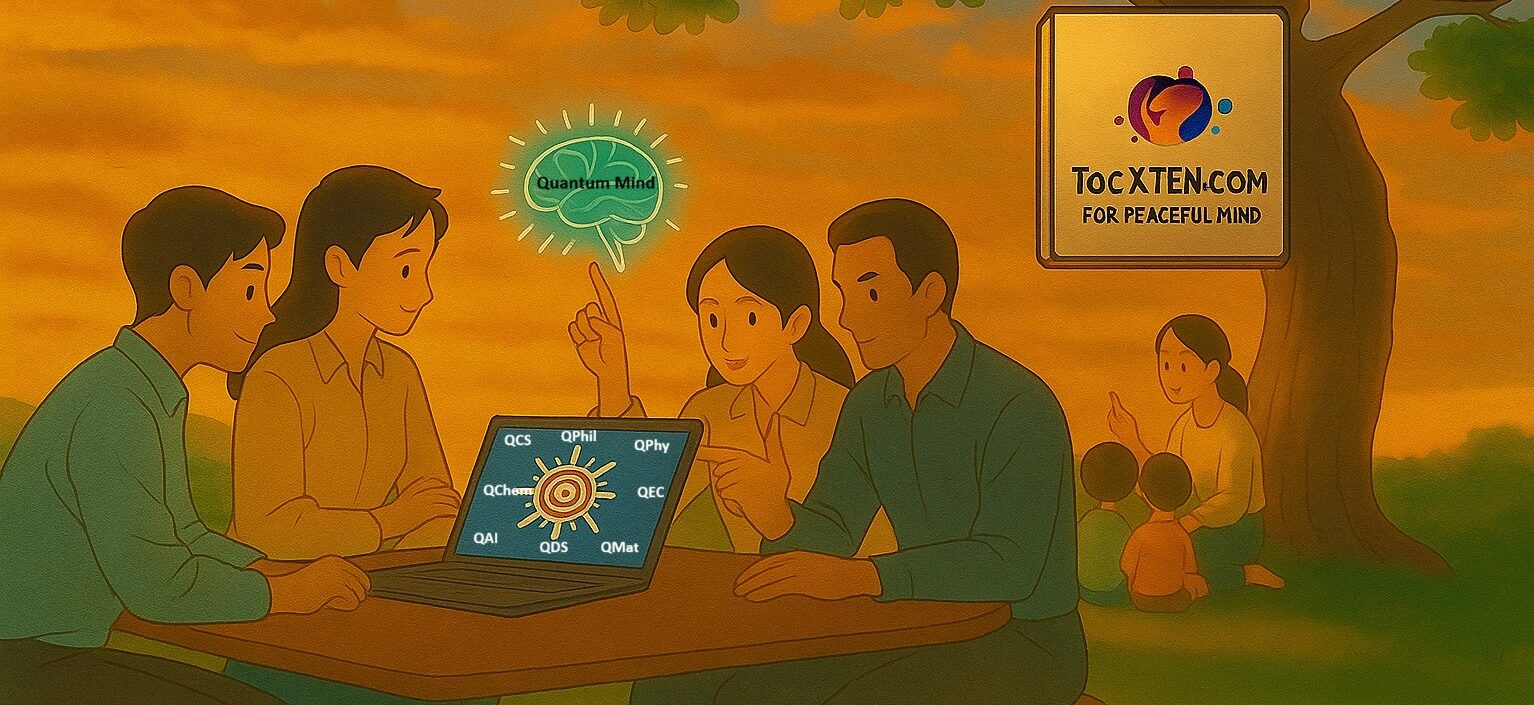In today’s rapidly evolving world, emerging technologies are shaping nearly every aspect of our lives, from how we work and communicate to how we access information and entertainment. While these advancements offer tremendous benefits and opportunities, they also bring about new challenges and considerations, particularly when it comes to our mental well-being. Let’s explore the impact of emerging technologies on peace of mind.
8.1 Positive Impacts:
- Access to Information and Resources: Emerging technologies such as the internet, smartphones, and wearable devices have made it easier than ever to access information and resources related to mental health. From online therapy platforms to meditation apps, these technologies provide individuals with convenient and affordable ways to support their mental well-being.
- Enhanced Communication and Connectivity: Social media, messaging apps, and video conferencing platforms enable us to stay connected with friends, family, and support networks, regardless of geographical distance. These technologies can foster a sense of belonging and support, reducing feelings of isolation and loneliness.
- Innovative Therapeutic Tools: Virtual reality (VR), artificial intelligence (AI), and augmented reality (AR) are being increasingly used as therapeutic tools to treat various mental health conditions. VR therapy, for example, allows individuals to confront and overcome fears and phobias in a controlled and immersive environment, while AI-powered chatbots provide personalized support and guidance.
- Remote Work and Flexibility: The rise of remote work and flexible work arrangements, made possible by advancements in communication and collaboration technologies, can contribute to greater work-life balance and reduced stress levels. Employees have more control over their schedules, allowing them to prioritize self-care and leisure activities.
- Health Monitoring and Self-Quantification: Wearable devices and health tracking apps enable individuals to monitor their physical and mental health metrics in real-time. From tracking sleep patterns to monitoring stress levels, these technologies empower users to take proactive steps towards improving their overall well-being.
8.2 Negative Impacts:
- Information Overload and Digital Distractions: The constant barrage of notifications, emails, and social media updates can lead to information overload and cognitive overwhelm, making it difficult to focus and maintain mental clarity. Excessive screen time and digital distractions can also contribute to feelings of anxiety and agitation.
- Social Comparison and FOMO: Social media platforms often present curated and idealized versions of people’s lives, leading to social comparison and feelings of inadequacy. The fear of missing out (FOMO) can drive individuals to constantly check their devices and stay connected, fueling anxiety and stress.
- Privacy and Security Concerns: The collection and use of personal data by technology companies raise concerns about privacy and security. Individuals may feel anxious about the potential misuse or exploitation of their data, leading to mistrust and apprehension towards technology.
- Tech Addiction and Dependency: Excessive use of technology, particularly smartphones and social media, can lead to addiction-like behaviors and dependency. Constantly checking notifications and seeking validation through likes and comments can negatively impact mental health and well-being.
- Ethical and Moral Dilemmas: Emerging technologies such as AI and biotechnology raise complex ethical and moral dilemmas related to privacy, autonomy, and the manipulation of human behavior. The potential misuse of these technologies for surveillance, control, or discrimination can erode trust and confidence in their benefits.


